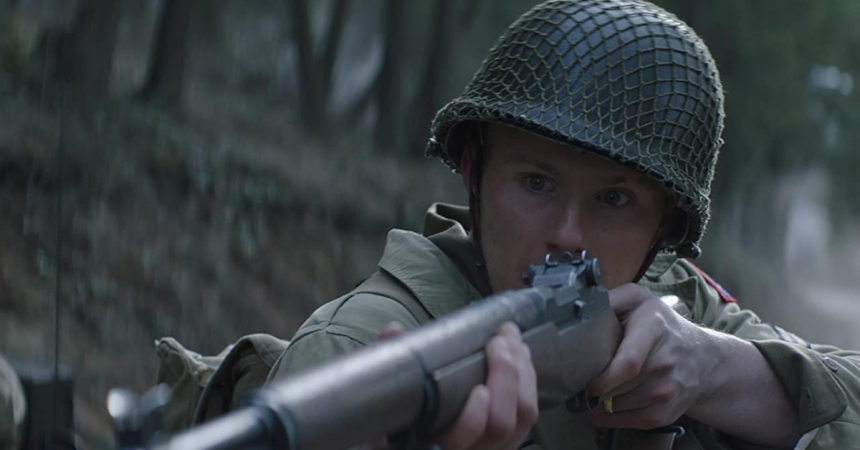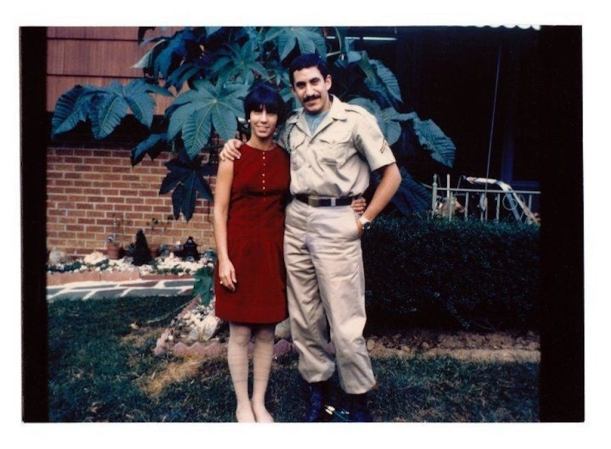No two innocent-sounding words can crush a troop’s morale quite like “Dear John.” In the military lexicon, a “Dear John” letter is a cute letter sent by a troop’s lady back home that lets him know she’s gone. These letters typical start with incoherent ramblings about how they miss their “John” before ultimately saying they’re moving on.

To the deployed John, time stands still, but the Earth still rotates. Even if a troop finds a good one that’s willing to wait, everyone knows someone who got a “Dear John.”
Despite the fact that these heartbreaking letters were undoubtedly sent with the near-12 million letters delivered per week during WWI, the phrase wasn’t popularized until WWII, when American GIs sent and received over one billion pieces of mail throughout the war.

When, exactly, troops started using it to refer to an actual letter is lost to time, but it’s been used as a popular saying as far back as 1944 in the St. Petersburg Times. However, the phrase originated many years prior, and was used extensively in Anthony Trollope’s 1864 novel, Can You Forgive Her? The immensely popular Victorian English novel that, honestly, does not hold up to the modern standards of bearable.

A CliffsNotes of the CliffsNotes is that the story centers around a woman named Alice who has two suitors. One is wild and exciting, but evil: George. The other is honest and a war hero, but boring: John. As it turns out, George is a psychopathic politician who tries to murder everyone and Alice’s cousin. Just throwing that out there. But, in the end, John finds out Alice is leaving him through a letter that starts with a phase repeated throughout the novel, “Dear John.”
Although we don’t know the exact origins of the phrase, as John was the most popular boys name of the time (see: John Doe), this our best guess. Either way, the phrase has had an undeniable impact — it’s since been referenced by Hank Williams Sr., Taylor Swift, a Nicholas Sparks novel that became a film, and television.


























